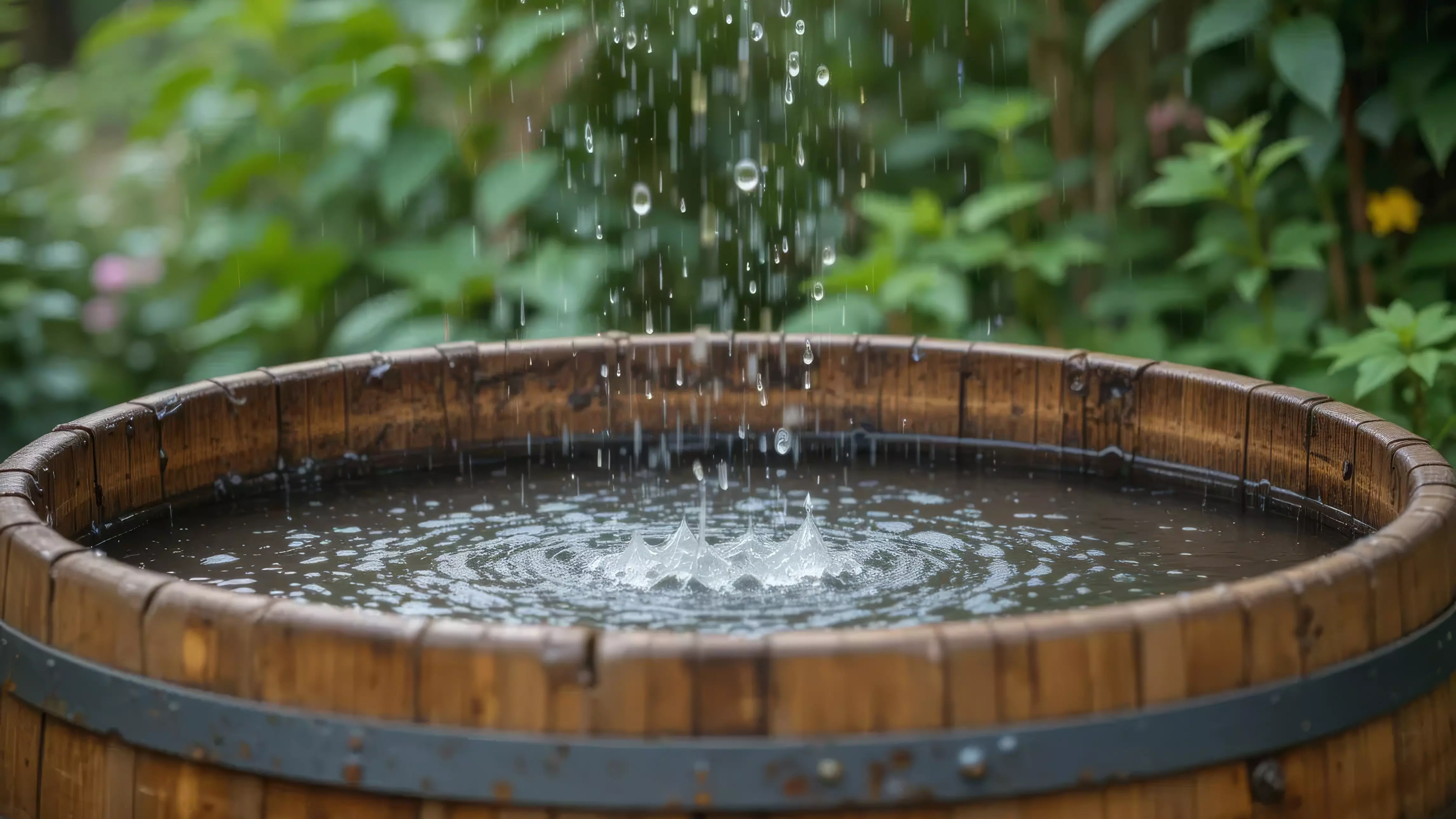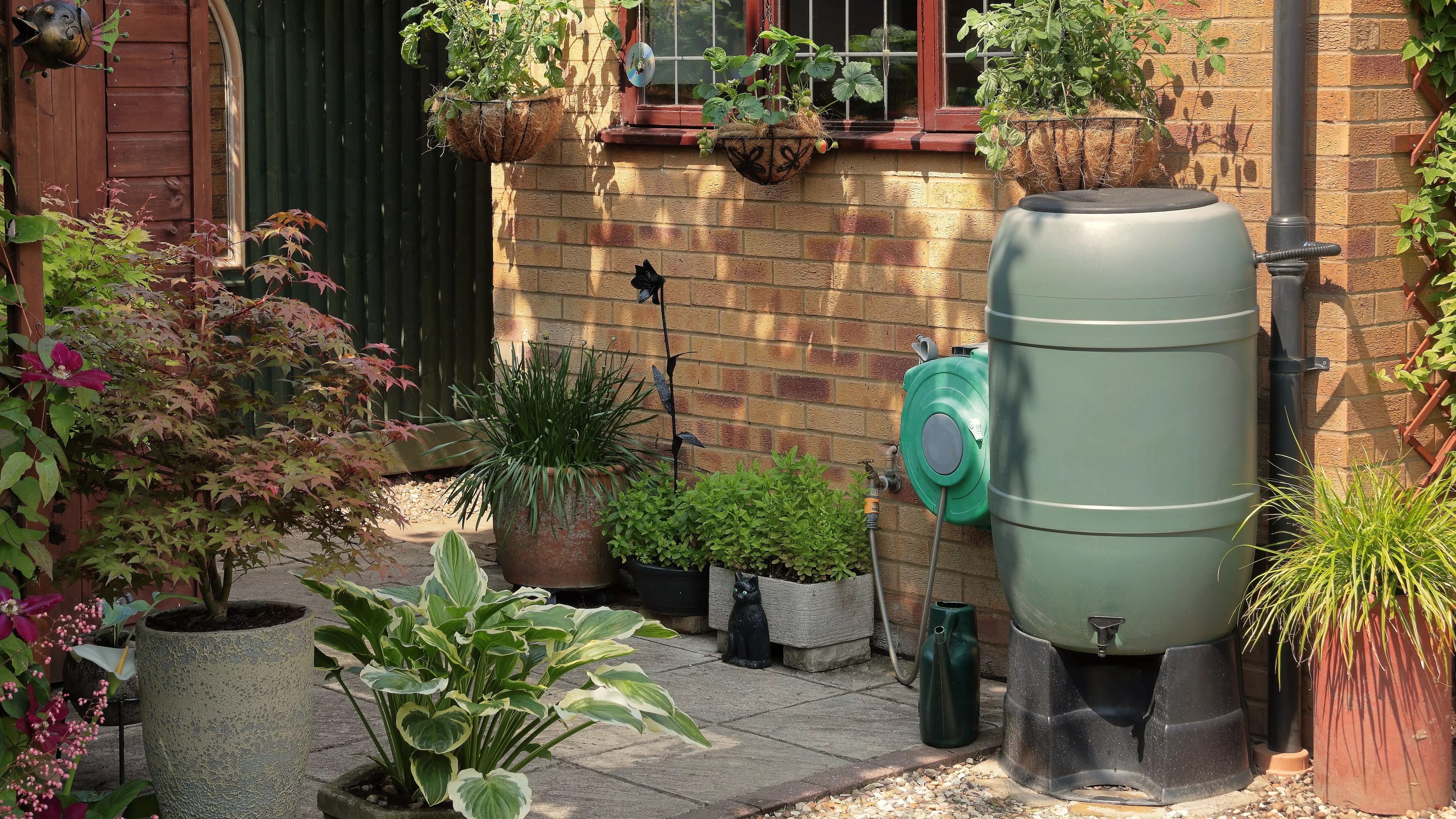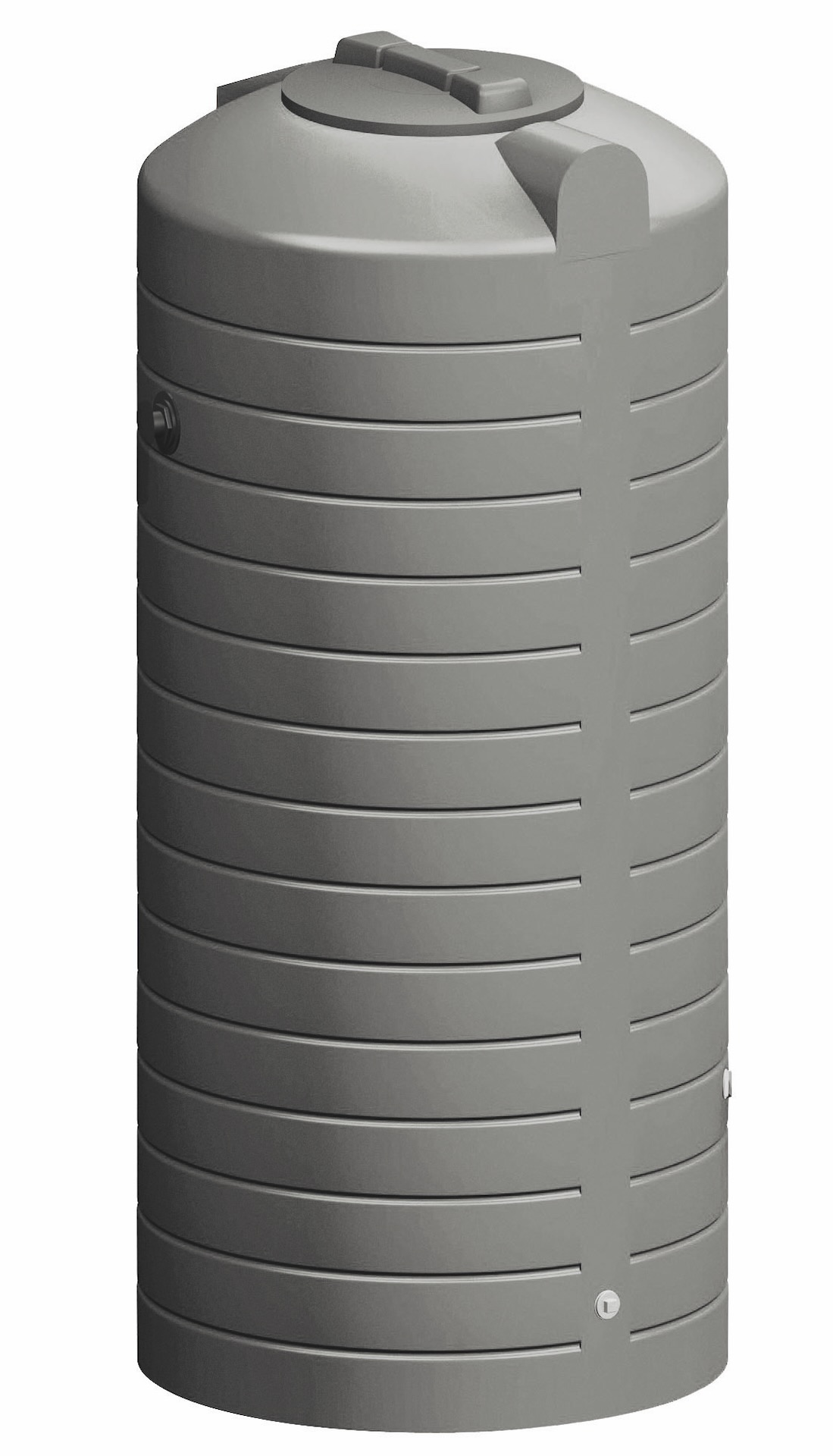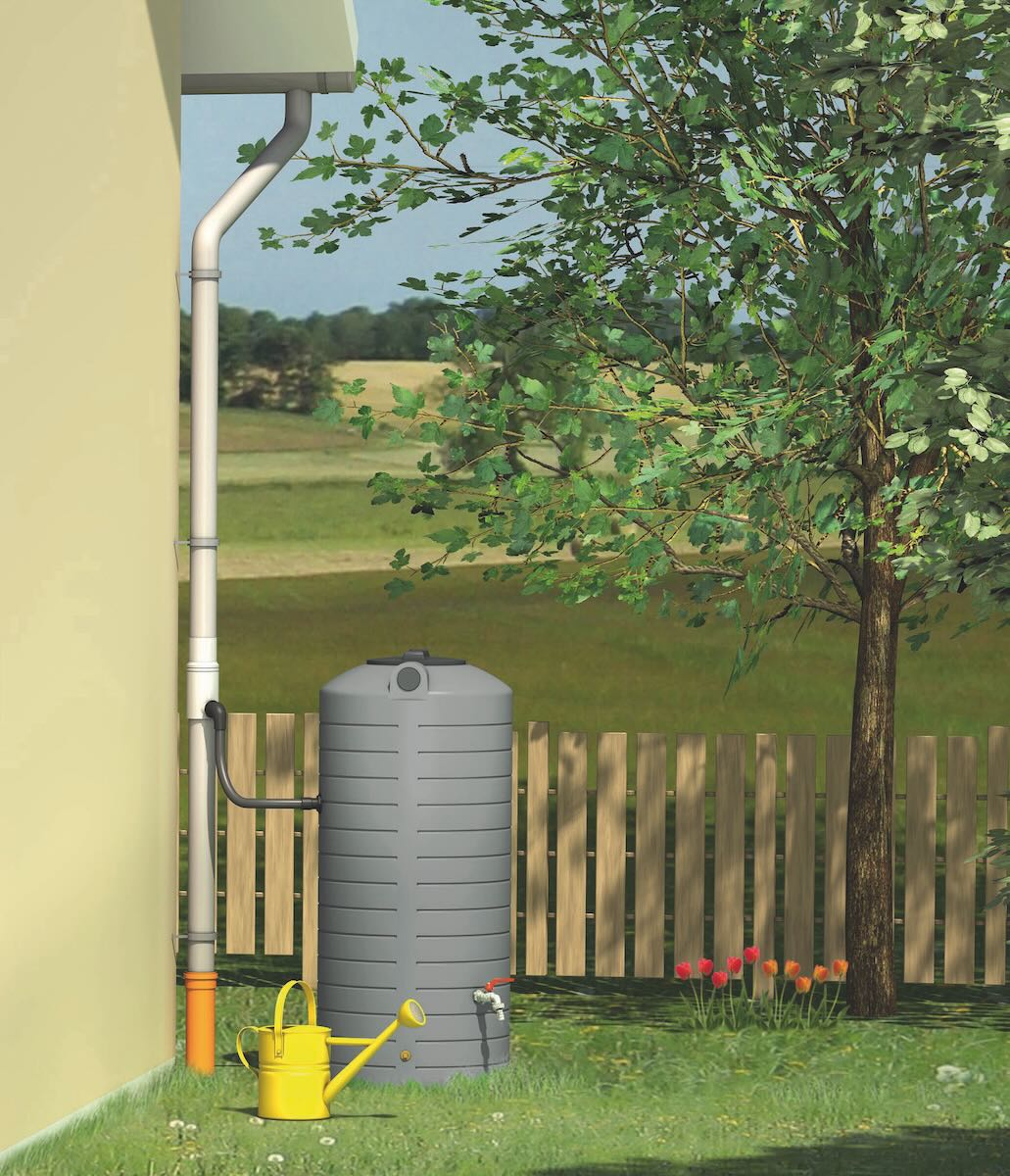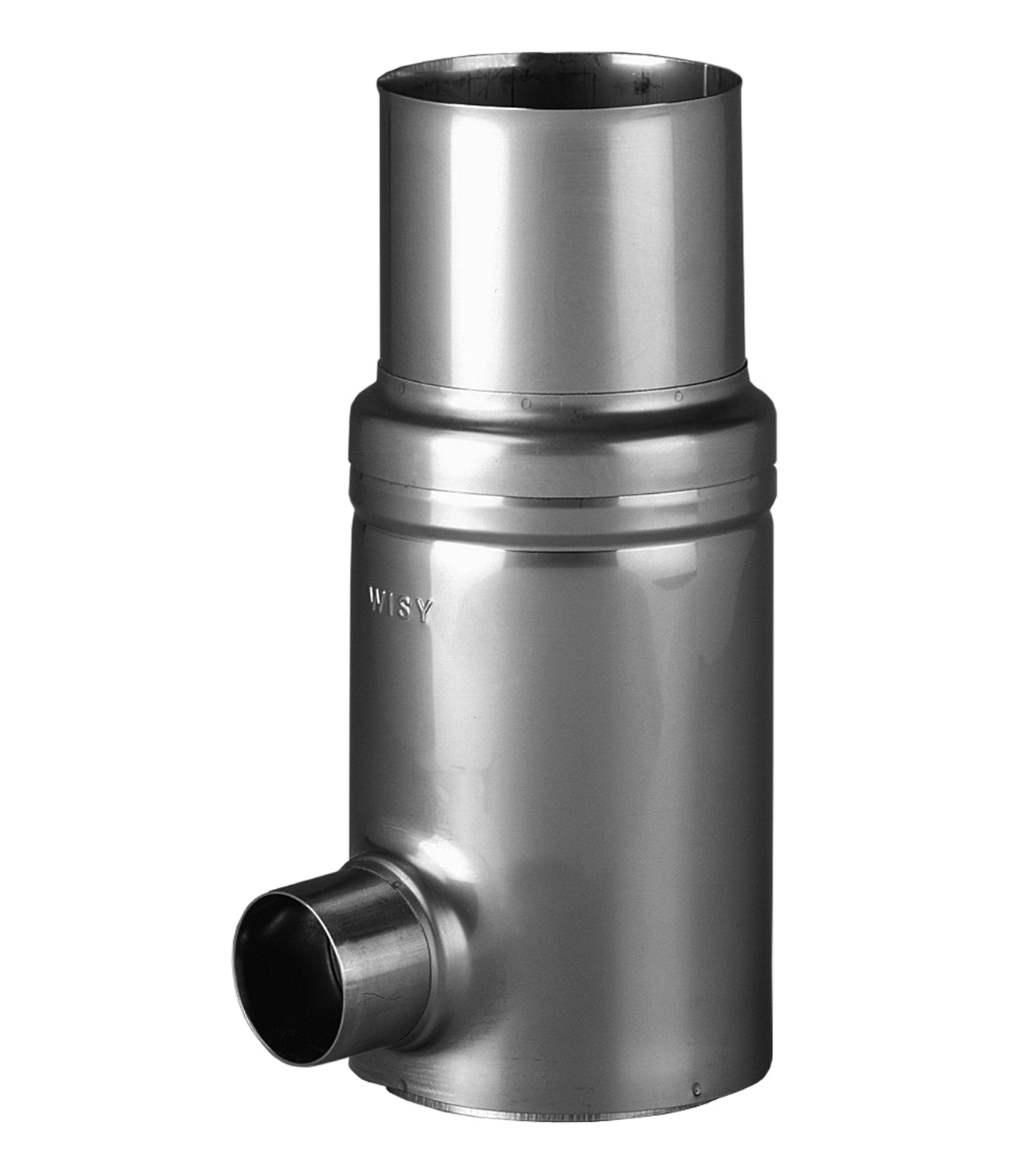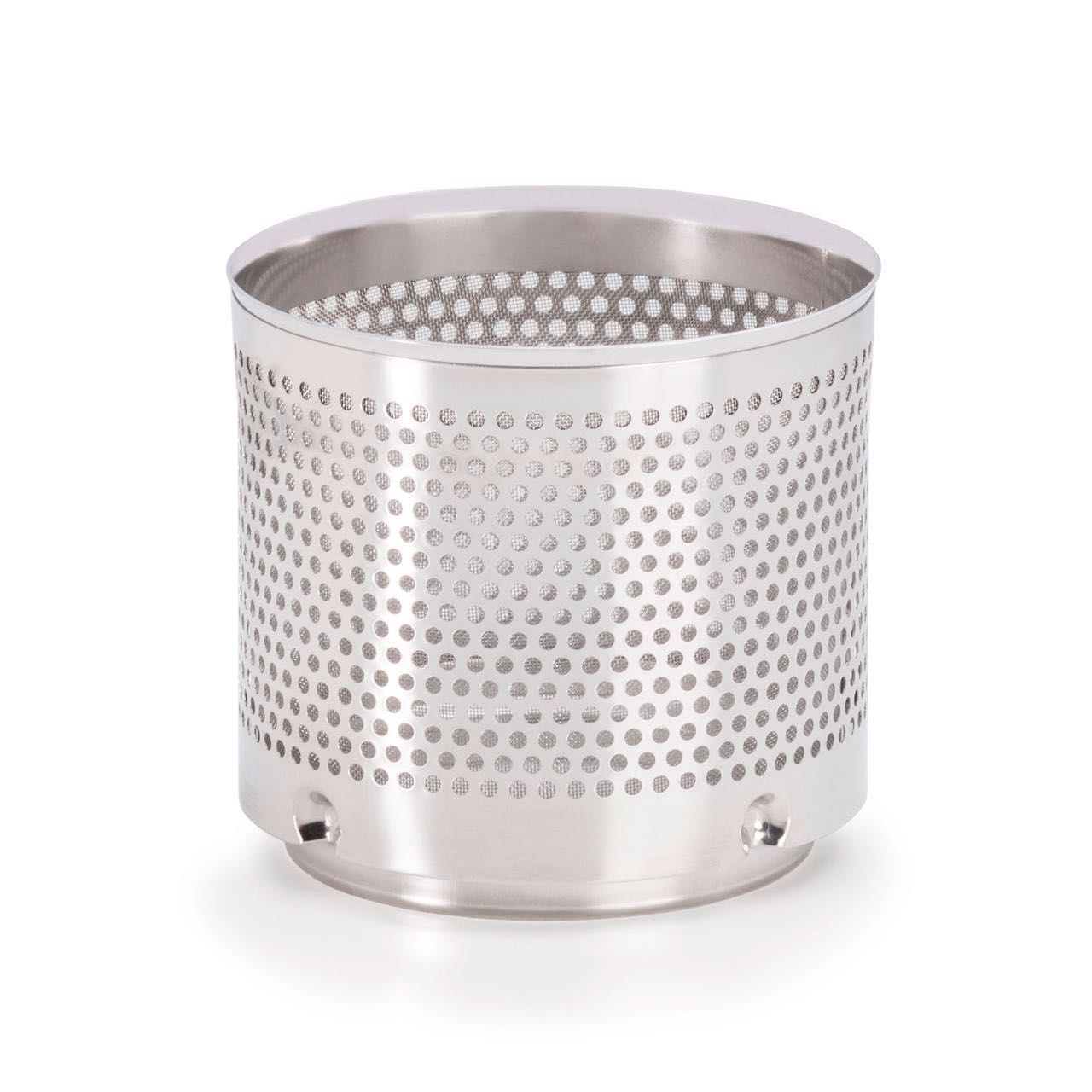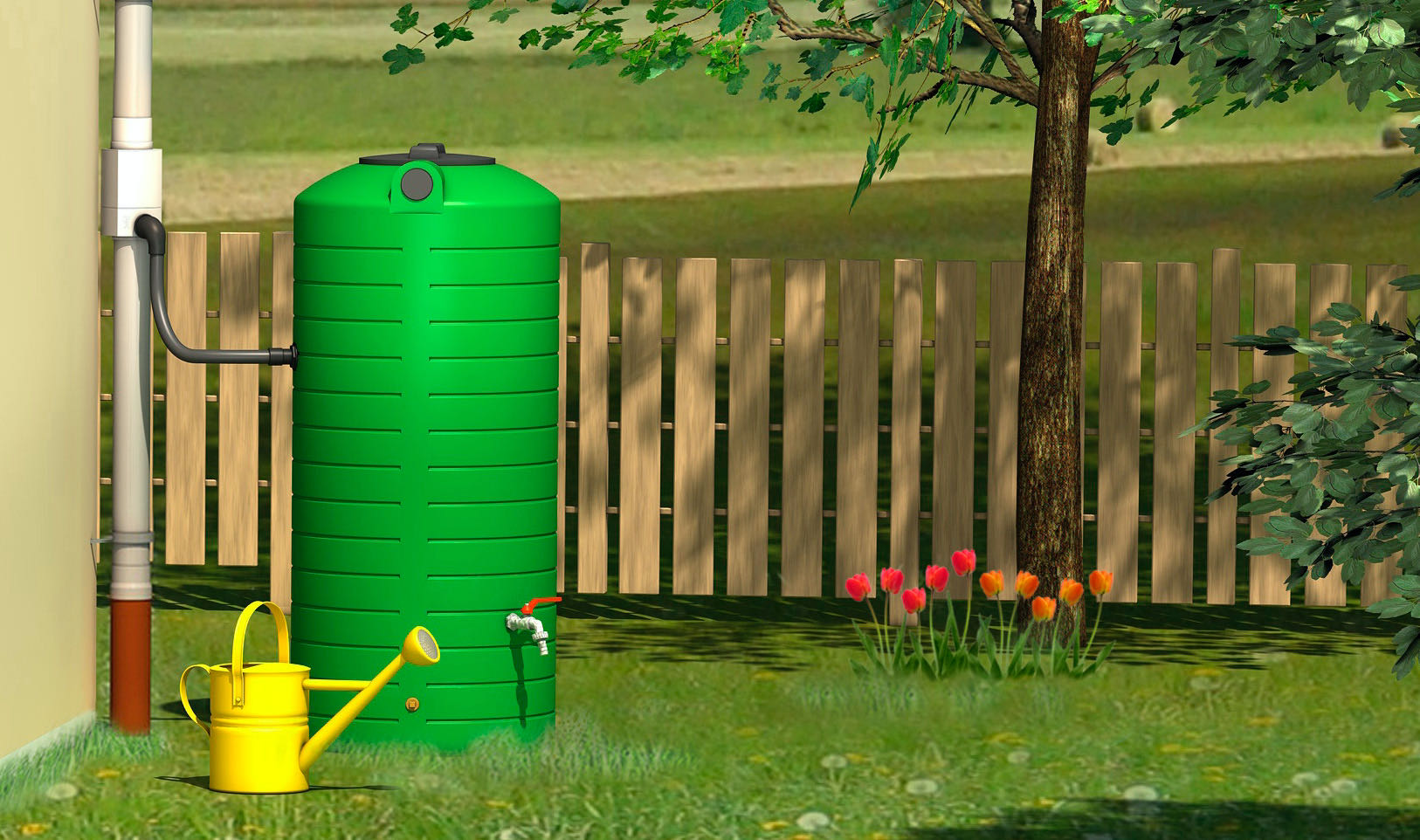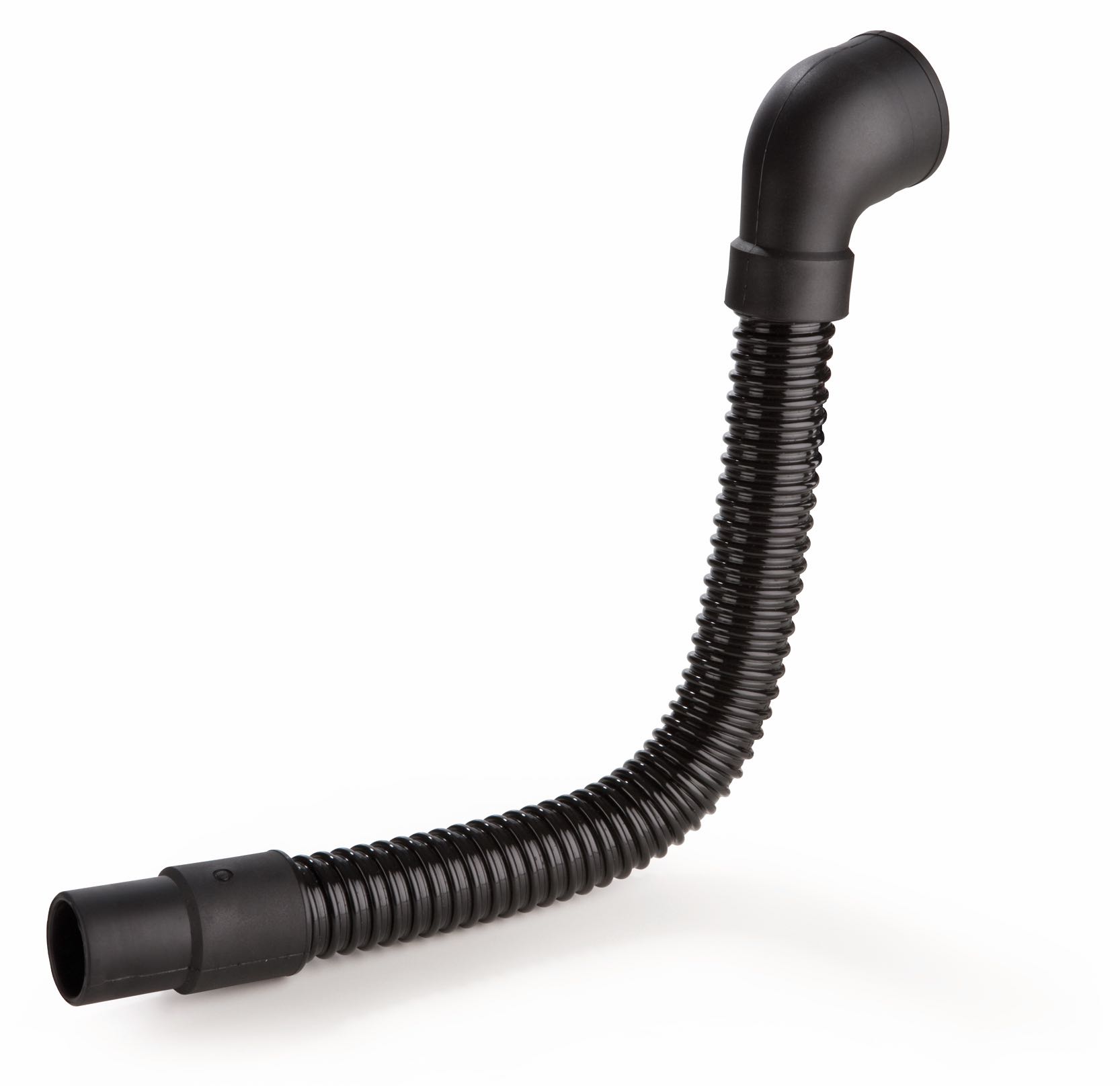Mosquitoes in the rain barrel - causes and development
Stagnant rainwater is an ideal place for water gnats to lay their eggs. Anyone who uses a rain barrel in the garden knows the problem all too well. After a few warm days, countless mosquitoes and possibly their larvae can be found on the surface of the water.
There are various ways to prevent them from developing. It is important to protect the surface of the water so that no insects can lay their eggs.
Rain barrels as an ideal breeding ground for mosquitoes
Stagnant bodies of water are predestined for laying eggs. Classic rain barrels in gardens create conditions in which mosquito larvae can develop quickly in the water.
As the water in the barrel has hardly any movement, the surface remains still and offers the larvae the opportunity to develop undisturbed. In addition, there are no natural enemies in the rain barrel, so the animals can easily reproduce there from egg to adult mosquito.
In addition to providing protection from predators, the barrel itself acts as a heat buffer. Dark containers absorb solar energy, which additionally favours the environment. A black rain barrel stores heat particularly effectively, especially if it is free-standing and receives direct sunlight throughout the day. This increases the temperatures in the water column, the metabolic rate of the larvae increases and populations reach high densities more quickly.
To break this dynamic, we recommend technical and organisational measures that reduce surface accessibility, minimise nutrient inputs and dampen temperature fluctuations. In this way, you ensure functional rainwater utilisation, keep the development of insects in check and at the same time maintain the water quality for efficient garden irrigation.
Consequences of mosquito infestation
Even a single female lays hundreds of mosquito eggs, significantly increasing the number of insects in a short space of time. For you, this means that the population can quickly get out of control and not only your well-being but also the use of your rain barrel will be permanently impaired.
Especially in the warm summer months, this can become a real nuisance. Annoying stings make spending time in the garden unpleasant and disrupt your leisure time. The quality of the rainwater also suffers, as dead animals and the growing number of larvae pollute the water. Even if the water can still be used to irrigate your plants, an unpleasant odour often sets in, which reduces the pleasure of collecting rainwater.
To prevent this from happening, it makes sense to take measures in good time and remove midges consistently. In this way, you not only protect yourself, but also ensure a clean and sustainable water supply for your garden.

Effective measures to combat
If mosquito larvae develop in your
In addition to mechanical solutions, such as a tight cover or a suitable lid system, there are also biological approaches that have a lasting effect. In this way, the animals can be effectively combated without rendering the rainwater unusable. Especially in the summer months, it makes sense to check the bin regularly and look out for small worms, which are an indication of an incipient population.
For a long-term effect, special products from DIY stores can be used that work specifically in the barrel and interrupt the development of the insects. In this way, you not only protect the water from contamination, but also ensure a pleasant time in the garden without constant bites.
Ensure a mosquito-free zone
Open rain barrels are a perfect place for larvae to develop undisturbed in the water. To avoid this, you should close your barrel with a tight-fitting lid. Make sure that the lid fits snugly and that there are no protrusions that could allow insects to get in.
If you do not want to close your bin permanently, it is also sufficient to use a fine-mesh screen or a fly net. Stretch the net over the opening and fasten it securely so that rainwater can continue to flow in, but no mosquitoes are attracted by the rain. This way, the bin remains accessible without becoming a breeding ground
Leaf filters are also a useful addition. They prevent leaves and the like from getting into the bin and serving as a breeding ground. A small pump or water swirler is also helpful, as the movement of the water prevents mosquitoes from laying their eggs. With these measures you can create a simple but effective solution for a mosquito-free garden.
Other remedies for mosquitoes and larvae
To prevent excessive breeding, it can be helpful to regularly and thoroughly clean a rain barrel without a tight-fitting lid. This removes residues and deposits that could serve as a breeding ground. In addition, do not store unfiltered rainwater for too long, as stagnant water strongly favours the development of insects.
If you have the opportunity, use several barrels alternately. This allows you to clean one barrel while the other continues to collect water. In this way, the system remains flexible and the water remains in motion more frequently, which makes life much more difficult for insects. An even exchange of water is a simple method to make the conditions unattractive for the animals.
Should the population nevertheless increase significantly, you can also use biological preparations. These have a targeted effect without harming the environment or your plants. With these products, you have an effective and environmentally friendly solution that will safeguard both your rainwater and its use in the garden in the long term.
Effects on water quality
The cleaner your rainwater barrel remains, the better the quality of the collected water. However, as soon as organic matter or mosquito larvae get into the barrel, its use is restricted. Dead insects and other residues affect the water and can cause unpleasant odours.
A mosquito-free barrel helps you to keep the water in the rain barrel fresh and thus benefit from clean rainwater utilisation in the long term. If the population is high, the water can become cloudy, which has a negative effect on the overall appearance of the garden. Although it can still be used for watering your plants, it is no longer recommended for cleaning bicycles or cars.
By focussing on cleanliness and suitable protective measures at an early stage, you not only maintain a high water quality, but also prevent the development of unpleasant side effects associated with the colonisation of insects.
